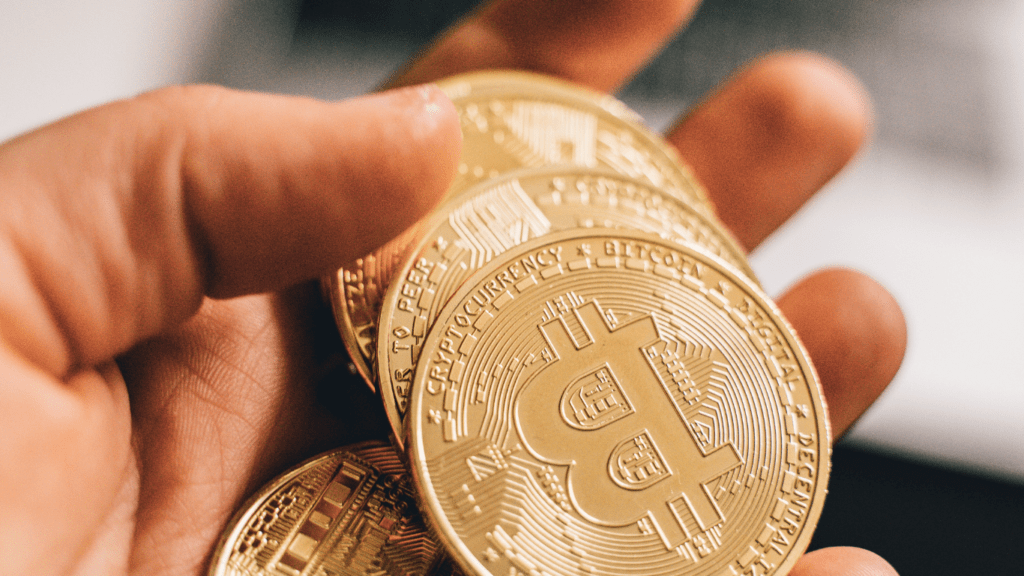Bitcoin isn’t as mysterious as it once was, but diving into it without some guidance can still feel like walking a tightrope blindfolded. Whether you’re a newcomer or sharpening old skills, having access to solid resources like this essential resource can make a big difference. To help you get started and stay informed, we’ve rounded up actionable bitcoin tips drhcryptology enthusiasts and beginners alike can start using today.
Understand the Basics Before Investing
Before setting up a wallet or buying your first satoshi, take time to get the basics straight. Bitcoin is a decentralized digital currency—no middlemen like banks or governments controlling it. It runs on blockchain technology, a public ledger tracking every transaction.
Knowing how wallets work, how blocks get mined, and what private and public keys are is essential. It’s tempting to rush in, especially with all the hype around price spikes, but patience and knowledge pay off. That’s where curated lists like bitcoin tips drhcryptology come in handy. They break down complex topics into digestible insights.
Choose the Right Wallet
Wallets come in different forms—hardware, software, mobile, desktop, and even paper. Each has pros and cons.
- Hardware wallets (like Ledger or Trezor) offer high security by storing your keys offline. Perfect for long-term holders.
- Software or mobile wallets are better for day-to-day transactions but more vulnerable if your device gets hacked.
A good tip from experienced users: Don’t store all your bitcoin in one place. Use multiple wallets if necessary, especially if you’re actively trading and also holding long-term.
Secure Your Keys Like Your Life Depends on It
The phrase “not your keys, not your coins” isn’t just crypto folklore—it’s survival code. If someone gets access to your private key, your Bitcoin’s gone, and no authority can recover it for you.
Keep your private keys offline, use 2FA where possible, and avoid sharing screenshots or text files containing sensitive information. Print them and store them securely if you must keep a copy.
Want advanced tips on security layering? Tap into bitcoin tips drhcryptology pages—they go deeper into best practices, from cold storage options to tamper-proof encryption setups.
Don’t Get FOMO-ed into a Bad Trade
FOMO (fear of missing out) is real in the crypto world. Bitcoin’s volatility can tempt even smart investors into impulsive decisions. The coin drops, people panic-sell. The price spikes, everyone dives in. Either way, emotional trading often leads to losses.
Follow a disciplined strategy. Set entry and exit points before moving any BTC. Use stop losses. And perhaps most importantly—zoom out. Spotting trends over months or years will serve you better than reacting to hourly spikes.
Keep Transaction Fees in Check
Bitcoin transaction fees fluctuate based on network congestion. Sending funds when the network’s busy costs more. Use a fee estimator tool, or consider batching multiple payments into one transaction if that fits your use case.
Some wallets offer features where you can set custom fees. If your payment isn’t urgent, you can choose a lower fee and let your transaction sit in the mempool until miners pick it up.
This kind of optimization gets covered in detail in bitcoin tips drhcryptology, making it easier to save satoshis where you can.
Watch Out for Scams and Phishing Attempts
Crypto scams have evolved. Phishing emails, fake exchange websites, airdrop swindles—there’s a whole black market of bad actors looking for unwary targets. Common red flags include:
- Promises of guaranteed returns
- “Double your bitcoin” offers
- Random DMs asking you to “verify” your wallet or seed phrase
Use trusted plugins like MetaMask (yes, it supports ETH but can also alert you to fake URLs), always double-check website addresses before logging in, and never enter sensitive information in response to unsolicited messages.
Understand Taxes and Reporting Obligations
Here’s the part many skip: crypto gains are taxable in most countries. Whether it’s capital gains from selling BTC or staking income, tax regulators are starting to catch up.
Tools like Koinly, CoinTracker, or even simple spreadsheet templates can help you stay organized. Keeping detailed transaction logs helps, especially come tax season. Better to stay compliant than have to explain years of crypto income to an auditor.
Stay Informed with the Right Sources
Crypto markets evolve fast. What worked last year might be irrelevant today. Joining communities like r/Bitcoin or Crypto Twitter can keep you looped in—but remember it’s a double-edged sword. Misinformation spreads just as fast.
Instead, bookmark sites and newsletters that focus on practical learning. Revisit updated lists like bitcoin tips drhcryptology which continually refresh their content based on real-world activity and emerging threats.
Dollar-Cost Averaging: The Calm Approach
Instead of trying to time the market, dollar-cost averaging (DCA) can reduce anxiety and risk. This means buying small amounts at regular intervals—weekly, bi-weekly, or monthly—regardless of the BTC price.
Over time, this reduces the impact of volatility and removes emotion from the equation. Several exchanges offer automatic DCA services, or you can manually set up recurring payments and track them in a portfolio app.
Final Thoughts
Navigating the world of Bitcoin takes more than a good instinct or a lucky guess. It’s part strategy, part security discipline, and part curiosity. So don’t wing it. Use proven frameworks like the ones found in bitcoin tips drhcryptology to make smarter moves and protect your investment.
You don’t need to become a blockchain developer or even read Satoshi’s whitepaper front to back. But if you can understand how to store your coins, avoid costly missteps, and keep learning—you’re already ahead of most.


 Founder
Founder
